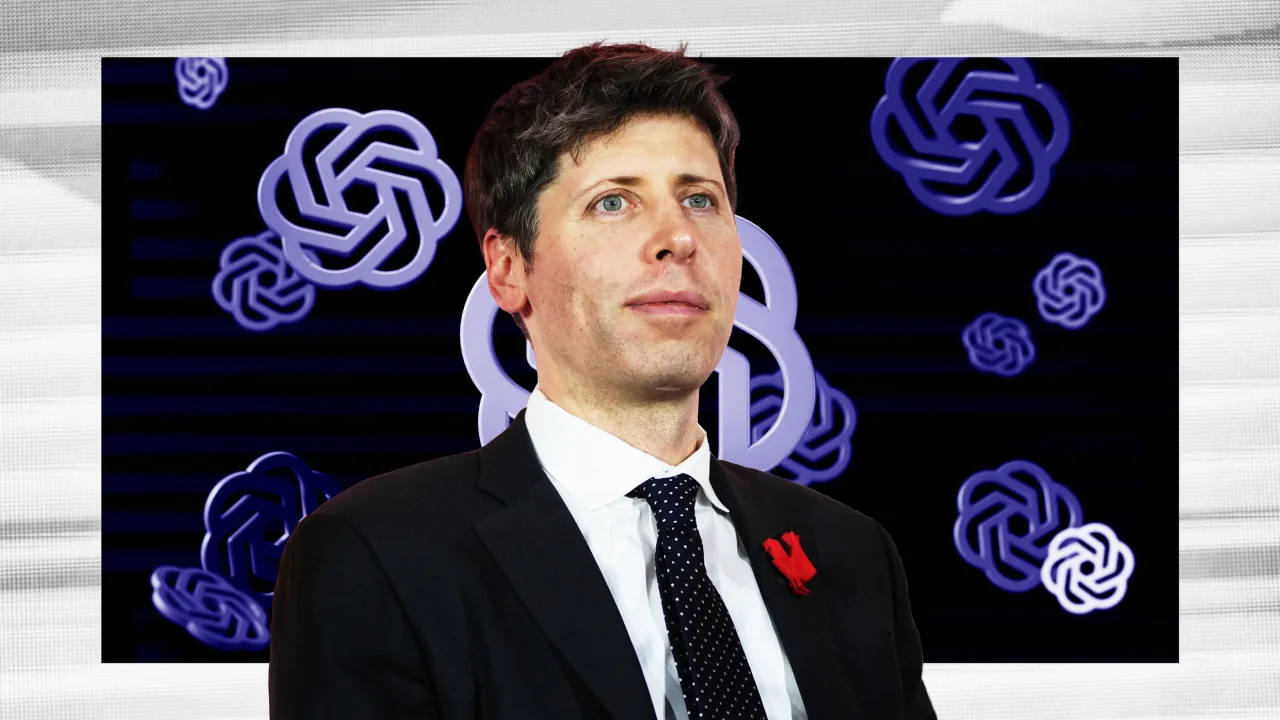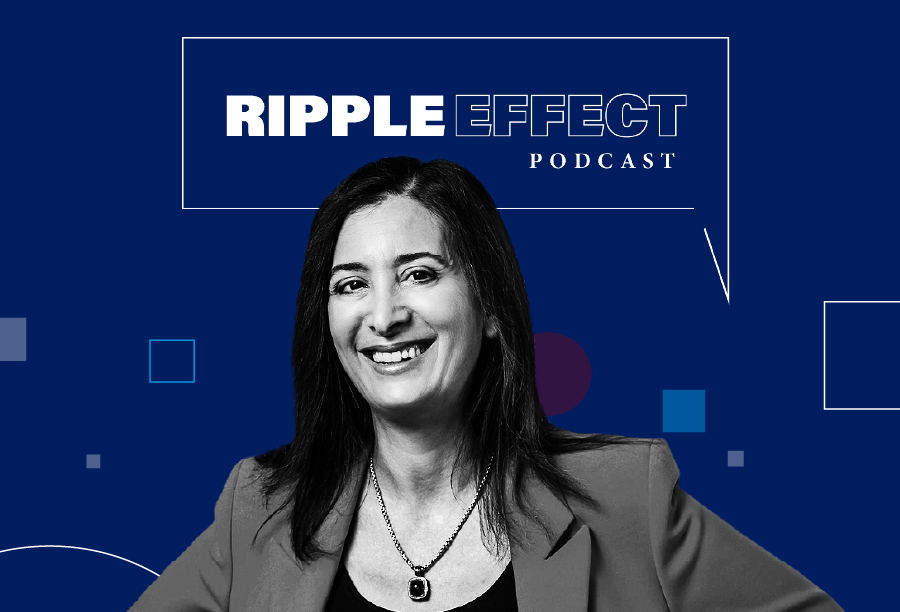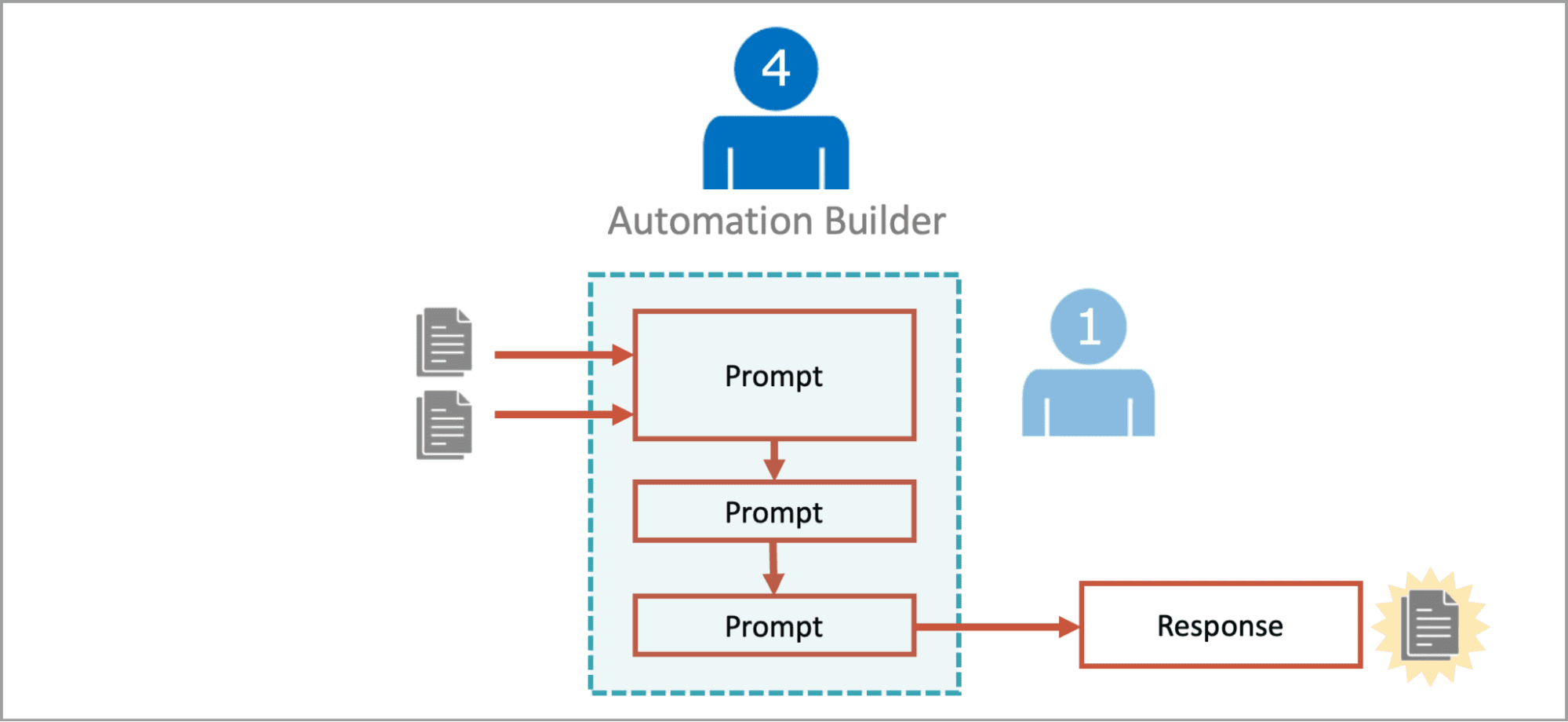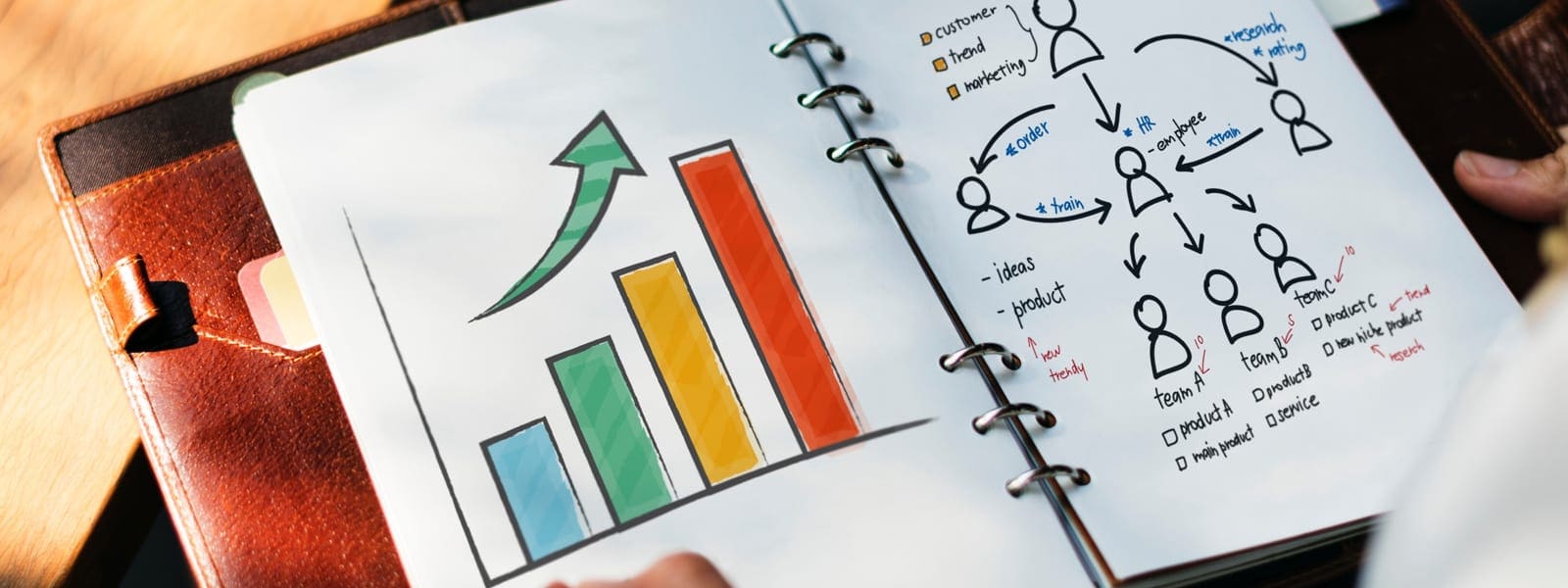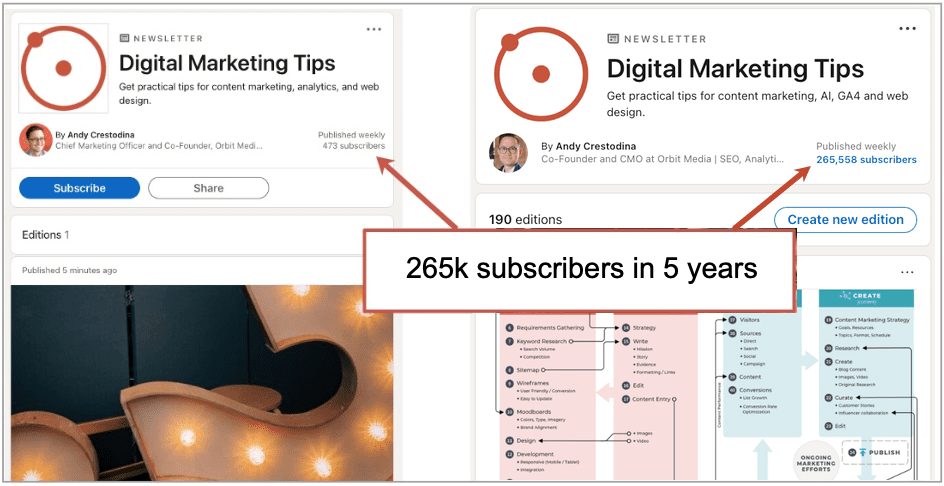Six Ways to Stop Your Unconscious Spending
It's one thing to make a budget at home; it's quite another to stick to it in the real world.

The Trump administration's tariffs will hit American families hard, with estimates ranging from nearly $4,000 to almost $8,000 per household. Plus, when it comes to personal shopping, tariffs will disproportionately affect clothing and textiles, with apparel prices predicted to rise 17%. And if you're accustomed to ultra-cheap online shopping, dark days are ahead.
Given all these rising costs, it’s more important than ever to keep on top of your spending habits. Making a budget is a great start, but following it easier said than done. It’s one thing to abstractly vow to “cut back on pricey coffee," but how do you stick to that when it’s 7 a.m. and you need caffeine ASAP? Or what if your restrictive budget causes so much anxiety, you impulsively start “revenge spending?" Let's take a look at some ways you can become a more conscientious spender, especially when prices are out of control.
Figure out where your money is going
In order to undo unconscious spending habits—like the costs of lifestyle creep—you have to confront some tough questions about your finances as honestly as possible.
The most important question to answer: Where does my money go? Don’t settle for estimates, here. Go through your bank statements and look your spending habits full in the face. Then evaluate which expenses are actually valuable to you, and not some subscription service you forgot about long ago. It’s far easier to eliminate unconscious spending once you bring it out into the open.
Recognize your spending triggers
The key to breaking any behavior is understanding what triggers it. Maybe you're prone to spending when you're stressed, bored, or celebrating. Or maybe it's simply about convenience, or social pressure, or compelling marketing tactics.
Take time to reflect on your recent impulse purchases. What emotional state were you in? Were you influenced by others? Identifying these patterns is crucial to breaking the cycle.
Get specific about your money goals
The idea of “cutting back on spending” is abstract and hard to achieve. It’s like saying you want to “learn how to cook” without ever picking out a recipe or buying any ingredients. Instead, you need specific, attainable goals to guide your conscientious spending.
One place to start with your specific spending goals is to physically write down the things you want to buy before you buy them. Use those bank statements to inform what items make your official “to-buy list.” When you read over items on this list, you’ll be able to make a more thoughtful decision as to what you really need.
Create financial friction
When I was a teenager who needed to stop biting her nails, I started wearing gloves. Did I look cool? Definitely not. But it worked. Make unconscious spending more difficult by creating barriers—or "financial friction"—for yourself by:
Removing saved payment information from websites
Unsubscribing from retail emails and notifications
Deleting shopping apps from your phone
Using cash for discretionary spending
Placing savings in less accessible accounts
These obstacles seem small, but they can be a big help in curbing unconscious spending patterns.
Implement a waiting period
Another tactic is introducing a deliberate delay between the desire to purchase and the act of buying. Before making non-essential purchases, especially online, institute a mandatory waiting period:
For items under $50: Wait 24 hours.
For items $50-$100: Wait three days.
For items over $100: Wait one week.
This simple delay helps distinguish between wants and needs, often breaking the spell of impulsive desires. Think of it as a cooling-off period.
Remember, you’re still allowed to treat yourself
Cold-turkey restriction is a recipe for an unhealthy relationship with money. Instead, it’s important to indulge thoughtfully. Ask yourself, “How do I expect this purchase will make me feel? What do I want it to make me feel? What feelings am I trying to avoid by buying it?” When you feel confident that you’re spending only on things you love and not wasting money on things you don’t love, you will make much better financial decisions.
Only you can determine what is truly valuable in your life. Personally, I’ve budgeted enough money for my daily coffee indulgence. For you, it might mean treating yourself to a fancy dinner once a month, or cutting back on restaurant costs in order to go wild on vacation in a few months. Allow yourself to indulge, especially if these indulgences improve your overall relationship with your money.









